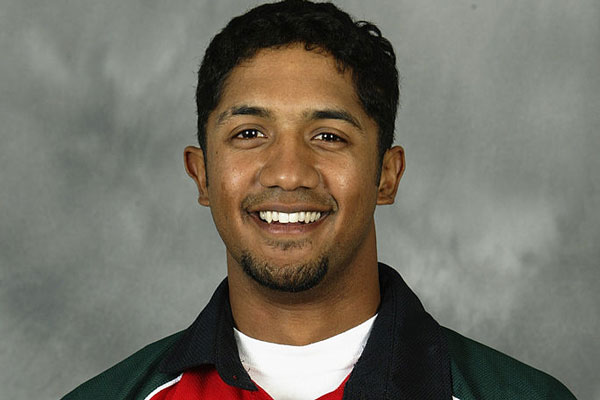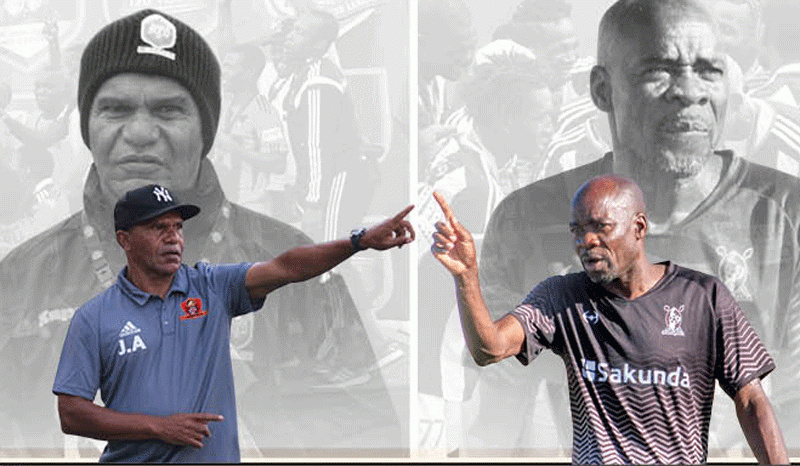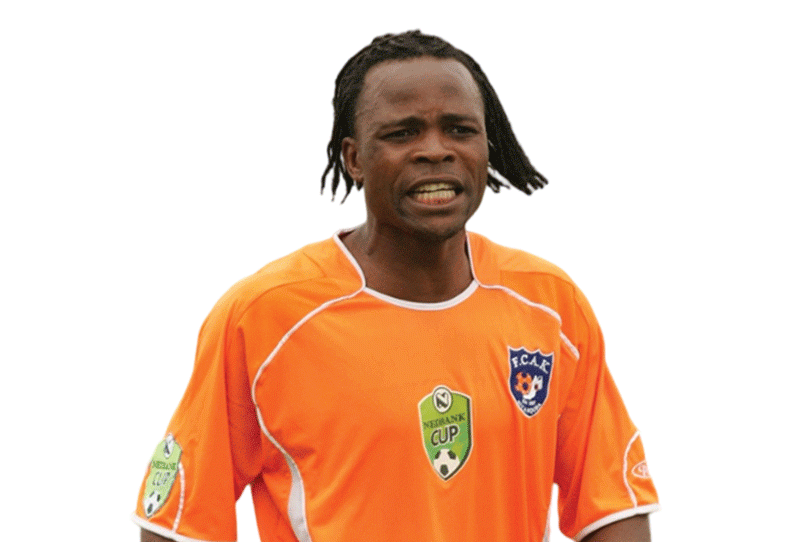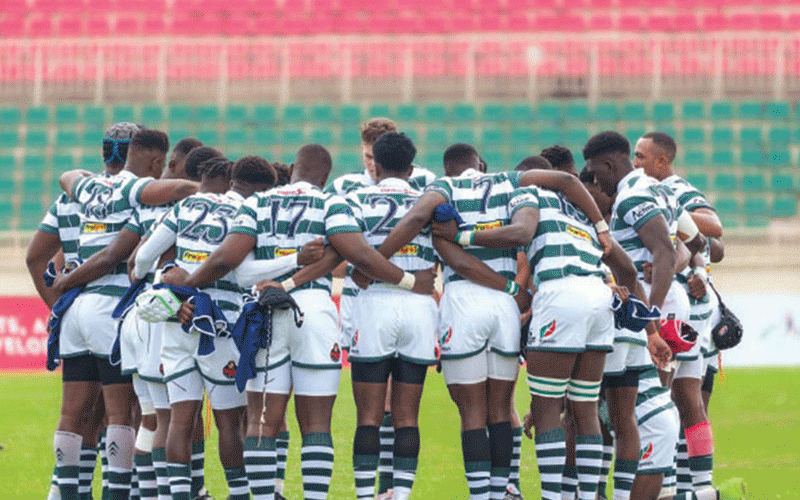
CHRISTchurch — Canterbury’s new assistant cricket coach Dion Ebrahim brings a lot more than just experience on the cricket field in his pursuit to develop the next generation of cricketers.
BY GORDON FINDLATER

His life experience ranges from the highs of helping Zimbabwe to a famous test victory over India, to being arrested over contract issues in the then Robert Mugabe-led southern African country.
During Ebrahim’s time with the Zimbabwe national team from 2001 to 2005, he experienced two very different eras.
When he cracked the side in April 2001, he joined near the end of Zimbabwe’s golden era. A famous test win against India and home and away series wins over Bangladesh were part of his first year in the team that contained the likes of Andy Flower and Heath Streak, who would have been walk-ins for any international side at the time.
However, things quickly took a turn. During Zimbabwe’s opening match of the 2003 World Cup, Flower and Henry Olonga walked onto the ground wearing black armbands to “mourn the death of democracy in Zimbabwe”. Both were immediately dismissed from the team and applied for political asylum overseas.
By 2005 the political unrest in Zimbabwe had led to the cricket team’s players being owed match fees for three series and six months of unpaid wages.
At this stage Ebrahim was the players’ representative on the players’ association and was involved in discussions with the Zimbabwe Cricket (ZC) board where they offered new contracts which Ebrahim described as “ludicrous”.
- Chamisa under fire over US$120K donation
- Mavhunga puts DeMbare into Chibuku quarterfinals
- Pension funds bet on Cabora Bassa oilfields
- Councils defy govt fire tender directive
Keep Reading
“They went about it in quite a cloak and dagger-type fashion of dividing and conquering the group. That was the one opportunity at that stage where if we could stand collectively as a players’ group, we could have made some significant changes. There were issues politically, racially and financially that were occurring and needed intervention. This was our opportunity for the ICC to step in and intervene if we didn’t sign the new contracts,” said Ebrahim.
“It soon got to the stage where I was cast as the villain by the Zimbabwe Cricket board.”
“It was a case of them causing a divide in the playing group by offering the contracts to younger players and threatening them to sign. There were cases of players being arrested for arbitrary reasons which was all part of their intimidation tactics.”
After not being offered a new contract, Ebrahim was cast aside by ZC and left disillusioned about the sport.
No longer employed by ZC, Ebrahim’s lawyer told him that until he was paid what he was owed he was allowed by law to hold onto any property that belonged to ZC.
“One of the things was our sponsored vehicle, so I held onto that, which caused a bit of drama in itself — it all came to a head one day when the police came into the house and arrested me and did a ransack of the property with the view of trying to get me on foreign currency fraud as well.”
At this stage Ebrahim’s parents and siblings had already immigrated to the United Kingdom. They first found out about his arrest on a 24-hour news channel which ran a strip along the bottom of the screen about his arrest.
Within a few months Ebrahim himself had immigrated to the UK and chose not to pursue cricket after asking himself some serious questions about why he played the sport. He worked as a real estate agent in North London for two years before falling back into cricket by chance.
“I actually sold one of the houses of of the premier cricket club’s chairman. He put two and two together from when we had toured England in 2003 — he asked what on earth I was doing selling houses and roped me into playing for the club.”
A successful spell in England led to Ebrahim moving to New Zealand where he played for Taranaki in the Hawke Cup and got his first taste of coaching with New Plymouth Boys’ High School.
“I found that the opportunity to give back and try and develop the next generation of cricketers soon became a passion.”
“Looking back there were some very valid lessons learned from a life perspective. Having conversations now with younger guys or people in general now, you’re able to give a different perspective and outlook.”
Ebrahim isn’t new to Canterbury. He has spent the last three years working with Canterbury A and age group teams in a high-performance role.
And while he says his Canterbury eyepatch is now “firmly sowed on”, he is still quick to point out that while Zimbabwe — formerly known as Rhodesia — have never beaten New Zealand in test cricket, they did famously defeat the All Blacks 10-8 in 1949 in Bulawayo.
In fact, had it not been for cricket, Ebrahim could have had a decent crack at a rugby career. He played first five-eighths representing Zimbabwe at under-19 level and was even offered a scholarship at the University of Natal through the Sharks. who now play in Super Rugby.
“I had a better boot than Beauden [Barrett],“ he said. — The Star Kiwi











